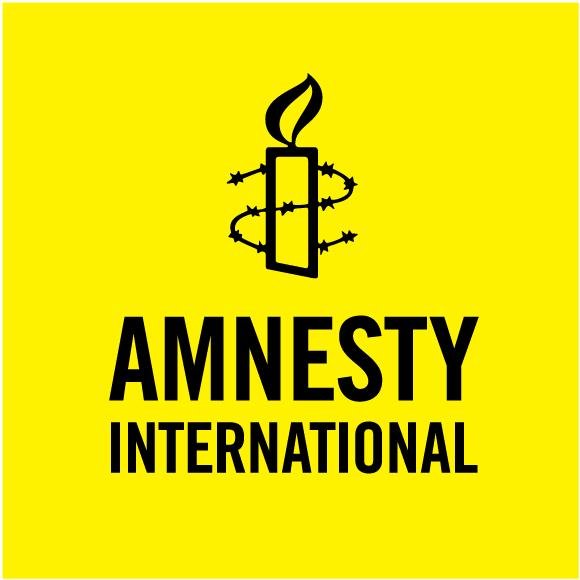Amnesty International is a global movement of more than 7 million people who take injustice personally. We are campaigning for a world where human rights are enjoyed by all.
We are funded by members and people like you. We are independent of any political ideology, economic interest or religion. No government is beyond scrutiny. No situation is beyond hope.
Few would have predicted when we started that torturers would become international outlaws. That most countries would abolish the death penalty. And seemingly untouchable dictators would be made to answer for their crimes.
What does Amnesty do?
We investigate and expose the facts, whenever and wherever abuses happen.
We lobby governments, and other powerful groups such as companies. Making sure they keep their promises and respect international law.
By telling the powerful stories of the people we work with, we mobilize millions of supporters around the world to campaign for change and to stand in defence of activists on the frontline.
We support people to claim their rights through education and training. .
We are introducing a new, global way of working – with a distributed centre and Regional Hubs of research, campaigns and communications – because we owe it to the people we work for to be the most effective force for freedom and justice that we can, globally.
As we develop this process – in line with the long-held desire of our international membership – we will post regular blogs, articles, stories and personal accounts to explain what is happening, and why it is important to those on the human rights front line.
Members:
Resources
Displaying 16 - 20 of 32Respectez mes droits, respectez ma dignité module 2 - le logement c'est un droit humain
Eviction and Resistance in Cambodia: Five women tell their stories
ABSTRACTED FROM THE FORWARD: Forced evictions frequently lead to the breakdown of community networks and informal support systems relied upon by women in their daily lives. they often mean disruption of children’s education, diminished access to health services and a deterioration of the family’s mental and physical well-being. because many victims of forced eviction are resettled in areas far from urban centres and work opportunities, husbands spend long stretches of time away from their families, leaving their wives to cope alone with daily household chores and family needs.



